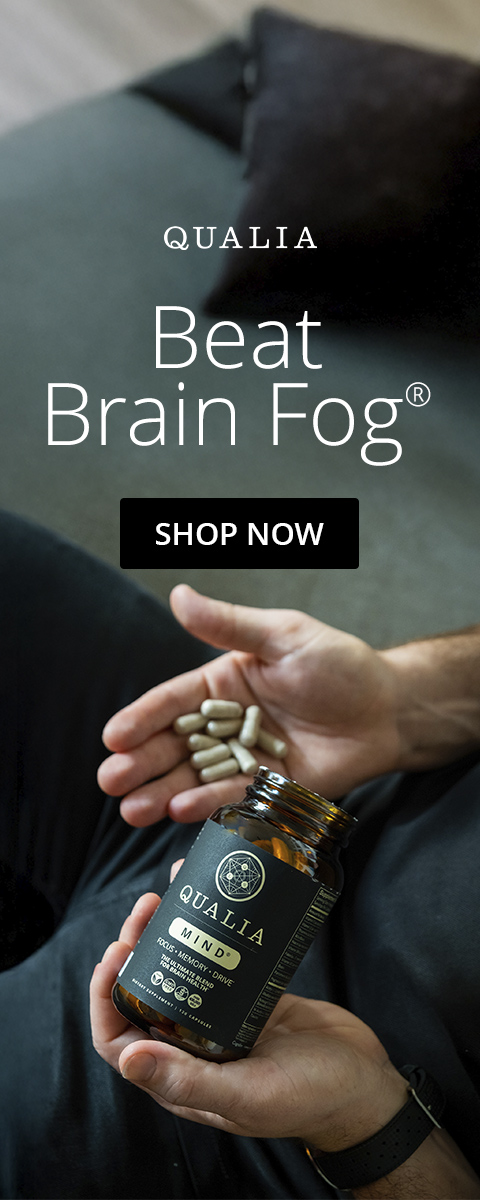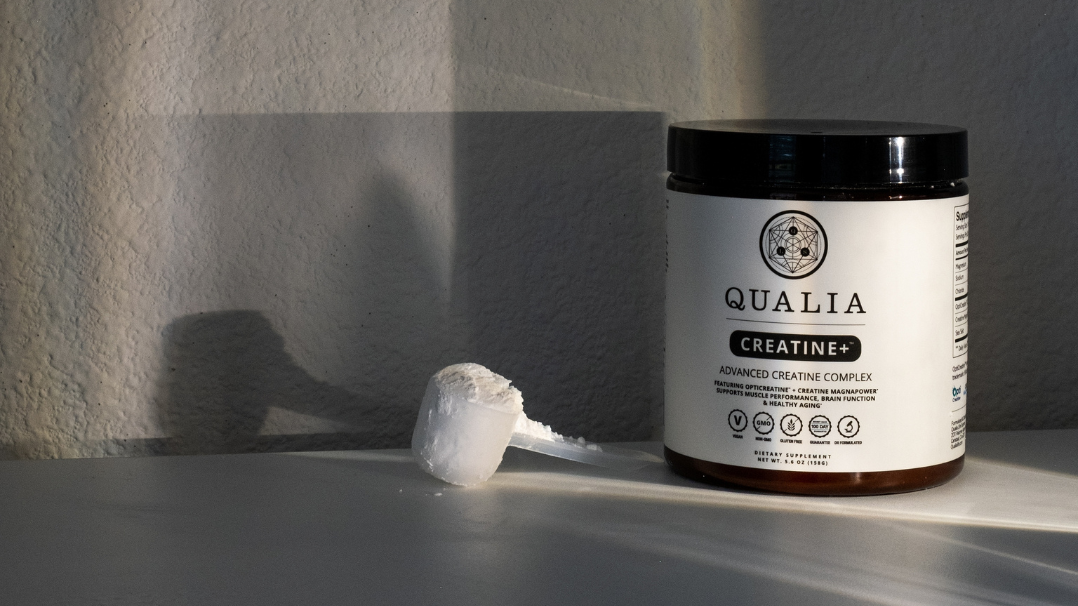In What to Expect While Fasting we explore how some biohackers are using traditional caloric restriction, some of the purported benefits, and what you can expect. This provides more in-depth context for fasting and how you might be able to apply it in your life.






























